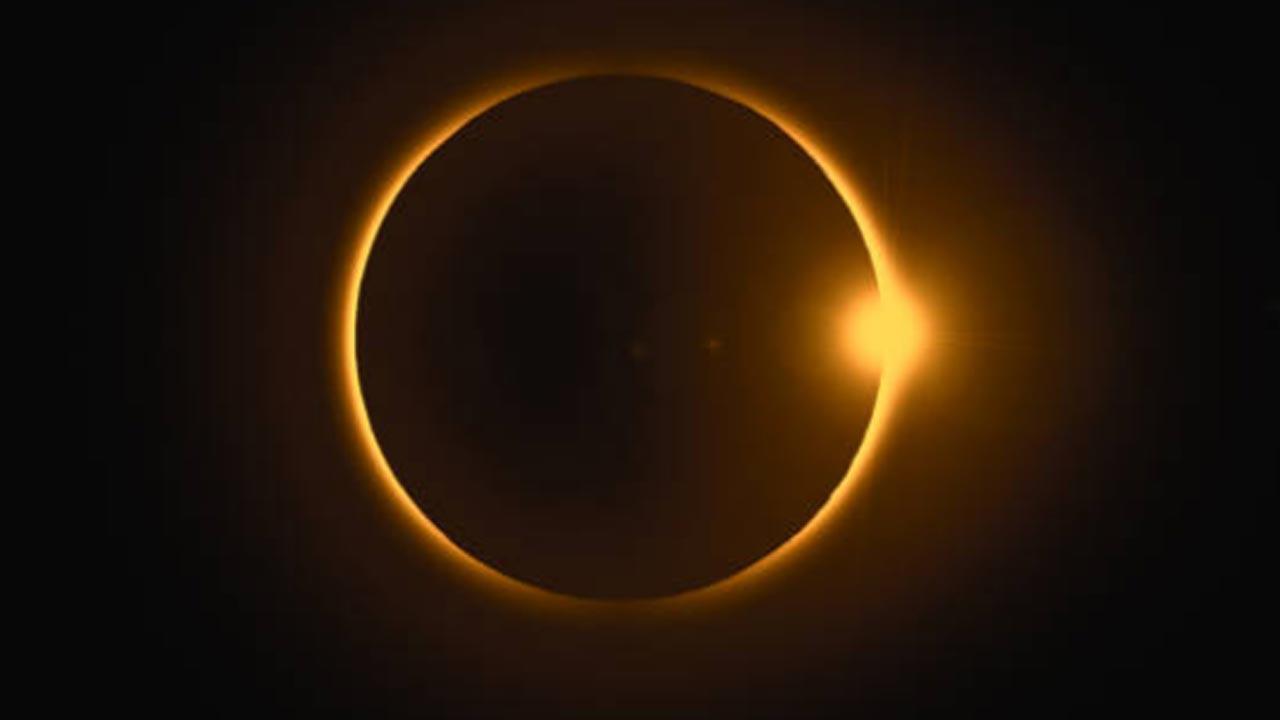The number of known saturnian irregular moons has more than doubled to 121, with 58 previously known before the search began. Including the 24 regular moons, there is now a total of 145 recognised by the IAU

Image for representational purposes only. Photo Courtesy: iStock
An international team of astronomers has discovered 62 new moons orbiting Saturn, taking the total number to 145.
ADVERTISEMENT
The planet is back into first place in the Solar System's 'moon race' after being briefly overtaken by gas giant Jupiter.
The new discoveries mean that Saturn has not only regained its crown for having the most known moons (overtaking Jupiter with 95 recognised moons), but it's also the first planet to have over 100 discovered moons, said researchers at the University of British Columbia(UBC).
Jupiter, which added 12 moons to its tally in February, has 95 moons that have been formally designated by the International Astronomical Union (IAU).
"Saturn not only has nearly doubled its number of moons, it now has more moons than all the rest of the planets in the solar system combined," said Prof Brett Gladman, an astronomer at the UBC, the Guardian reported.
The new moons, which have been assigned strings of numbers and letters for now, will eventually be given names based on Gallic, Norse and Canadian Inuit gods, in keeping with convention for Saturn's moons.
All of the new moons are in the class of irregular moons, thought to be initially captured by their host planet long ago. Irregular moons are characterised by their large, elliptical, and inclined orbits compared to regular moons.
The number of known saturnian irregular moons has more than doubled to 121, with 58 previously known before the search began. Including the 24 regular moons, there is now a total of 145 recognised by the IAU.
The irregular moons tend to clump together into orbital groups based on the tilt of their orbits.
The team, led by Dr. Edward Ashton, who started the research project at UBC, and currently a postdoctoral fellow at Taiwan's Academia Sinica Institute of Astronomy and Astrophysics, used data taken using the Canada-France-Hawaii Telescope (CFHT) on top of Mauna Kea, Hawaii between 2019 and 2021.
By shifting and stacking many sequential images taken during three hour spans, they were able to detect moons orbiting Saturn down to about 2.5 kilometres in diameter.
The original discovery search was done in 2019, uncovering the moons in a meticulous search of the deep CFHT imaging acquired that year.
To be absolutely sure, objects must be tracked for several years before they can be designated as certainly orbiting the planet. After painstakingly matching objects detected on different nights over two years, the team managed to track 62 objects, confirming them as new moons.
Also Read: Dream interpreters reveal why we dream and what do they really mean
This story has been sourced from a third party syndicated feed, agencies. Mid-day accepts no responsibility or liability for its dependability, trustworthiness, reliability and data of the text. Mid-day management/mid-day.com reserves the sole right to alter, delete or remove (without notice) the content in its absolute discretion for any reason whatsoever
 Subscribe today by clicking the link and stay updated with the latest news!" Click here!
Subscribe today by clicking the link and stay updated with the latest news!" Click here!







